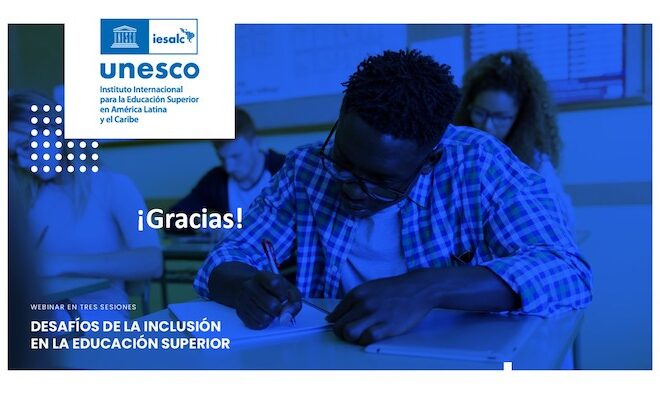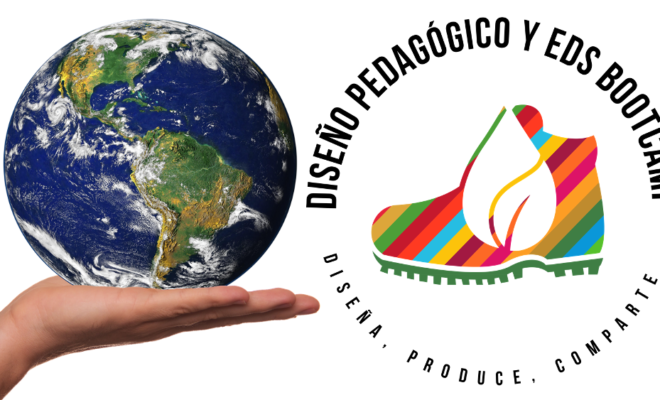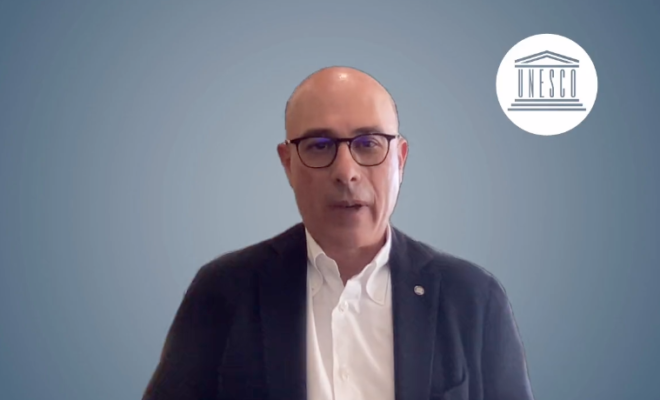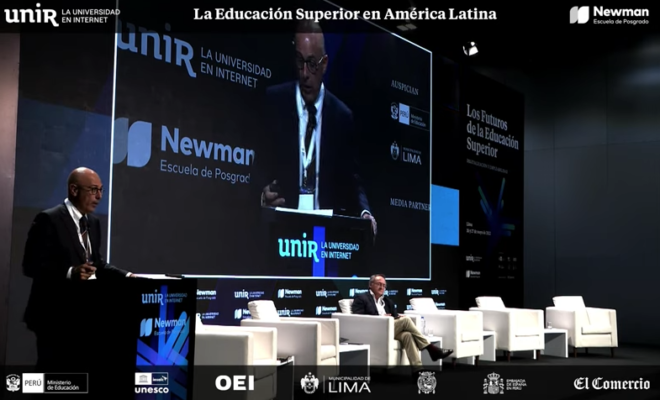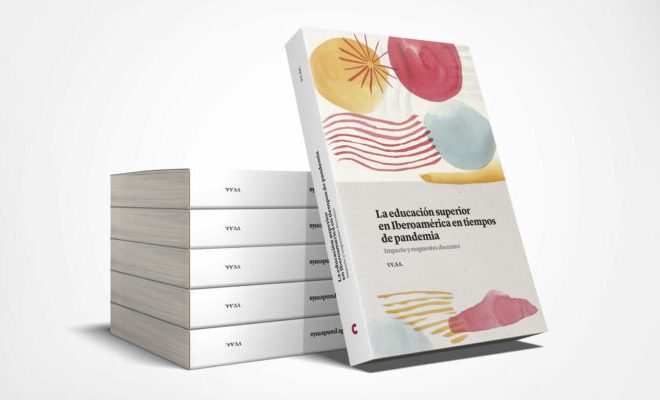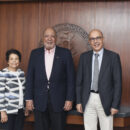Reflections on a new educational social contract
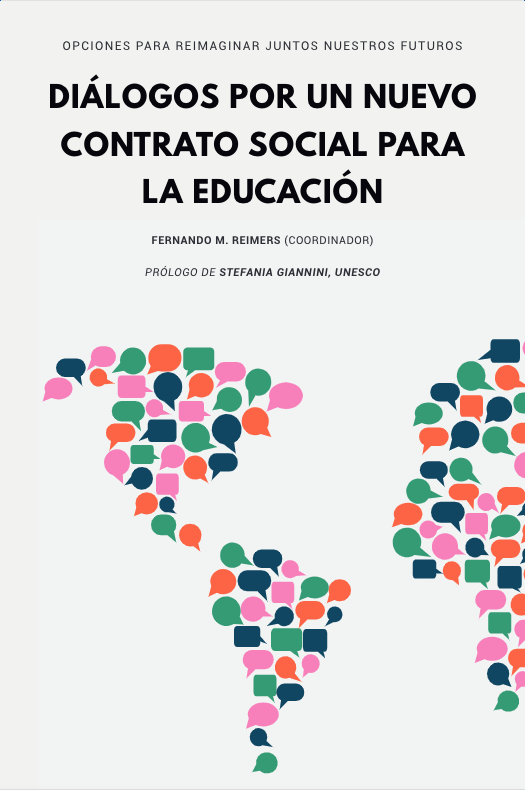
The book Dialogues for a New Social Contract for Education. Options for Reimagining Our Futures Together (available in Spanish) collects the reflections of several educational leaders in relation to the report Reimagining Our Futures Together. A New Social Contract for Education, by the International Commission on the Futures of Education 2021. This report is the result of three years of work by the International Commission on the Futures of Education, at the request of UNESCO. The report states the need for a new social contract for education and invites a broad and participatory dialogue among diverse actors in each jurisdiction, community and educational institution to achieve it. It points out that the translation of the guidelines contained therein into specific strategies for the transformation of the educational culture will require a process of co-construction with local actors, the result of an inclusive and democratic dialogue.
This book, coordinated by Professor Fernando Reimers, who was one of the members of the commission, compiles the experiences of a variety of leaders in Ibero-America who have already used the report ‘Reimagining Our Futures Together’. Such a compilation is useful as it will allow others to learn from these early experiences in using the report, and perhaps inspire other educational leaders to use it to promote the kind of dialogues the report itself invites.
Stefania Giannini, Assistant Director-General for Education, UNESCO
In order for the experiences to reflect the diversity of dialogues that the report considers necessary, Reimers invited people with diverse roles in various educational institutions to participate in this project: governmental educational authorities, university leaders, educational civil society organizations leaders, international organizations and school networks. The institutions in which they work are located in Argentina, Brazil, Colombia, Ecuador, Spain, the United States, Mexico, Portugal, Uruguay and Venezuela. “Their reflections refer both to ongoing processes of educational change, prior to the publication of the report, from which they derive lessons related to the report’s proposals, as well as to processes initiated as part of the process of preparing the report and subsequent to its publication,” explains Reimers.
UNESCO-IESALC participates with a chapter on the Latin America and Caribbean Consultation on Higher Education, written by Francesc Pedró, Victoria Galán-Muros and Alep Blancas. The chapter explains how the regional consultation is generating a collective dialogue around the challenges and opportunities for the next decade presented by the ten key themes of the World Higher Education Conference (WHEC2022). It also highlights the importance of the consultation being inclusive, including different higher education stakeholders through three strategies.
In this same area, UNESCO IESALC has addressed the topic in Pathways to 2050 and Beyond: Results of a Public Consultation on the Futures of Higher Education, covering the multiple ways in which those futures could be.
RELATED ITEMS

